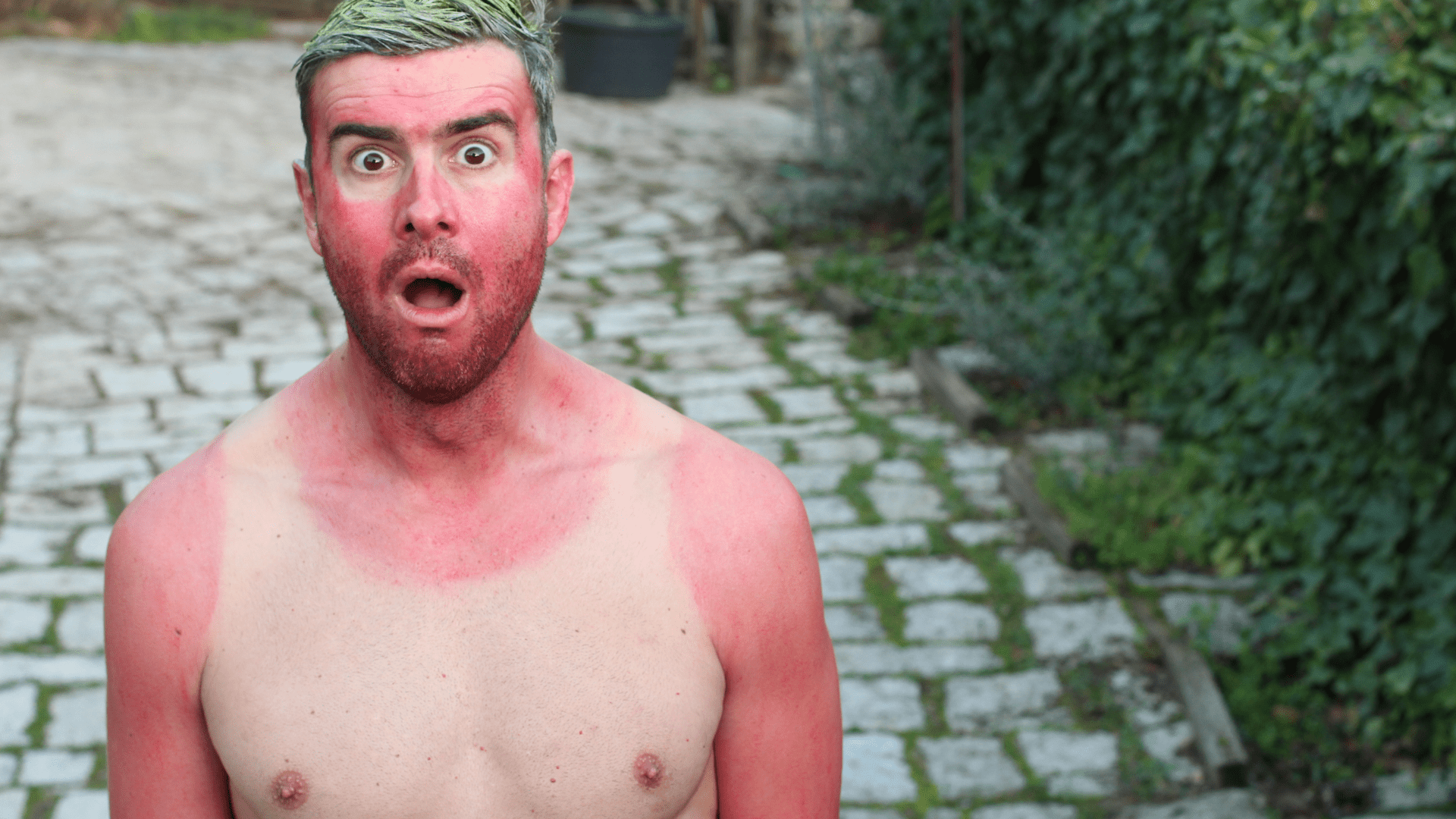Red Light Therapy, also called RLT or PBM (PhotoBioModulation) or LLLT(LowLevelLaserTherapy) is a technology that uses light waves of specific wavelengths to stimulate cellular processes, promoting wellness and healing.
This type of therapy is receiving more and more attention as American scientists and doctors are excited to have discovered a treatment that is 100% natural to treat conditions that previously required drugs or even more invasive surgery instead, such as for baldness or aggressive forms of ACNE.
But the popularity that RLT is garnering in the recent period is coming from social media such as instagram or X!
In fact, since the big Hollywood movie stars like Jennifer Aniston, Kate Hudson, Jessica Alba and many others have revealed that the Secret of their Beauty is actually the Red Light, used every day for a few minutes but consistently it can prepare even your skin to face the treacherous and prestigious Red Carpet.
Let's also not forget the influencers on Instagram, such as Kim Kardashian who posts stories where she shows that she uses a red light mask.
In any case, the thing that unites both Hollywood actors, Instagram Influencers and even people you know could be tattooed…
The ink that penetrates your skin is meant to remain permanently, but are we really sure?

That's right it is only fair to know that even if the tattoo is a way of communicating without words it is possible that with time and bad care this will fade away. In fact, the main cause that leads the tattoo to fade is light.
So the question we ask is: Will red light therapy fade tattoos?
As you may have already read in NoMore's other articles, Red Light Therapy is a technology that uses the light emanating from the device to penetrate the skin and stimulate cells to self-heal and self-repair.
By doing so these are able to do their best work and consequently can promote good health.
Tattoos are known to be made with ink that by its nature is artificial, so a first reason why they may fade is precisely because by nature artificial pigments are subject to deterioration…
The other main factor that causes your beloved designs on the skin to fade over time is light…
This light, however, is understood to be light with ultraviolet rays (UV Rays) which is different from the Red Light in RLT devices such as those from NoMore.
The difference is that therapeutic Red Light is characterized by wavelengths that are in the safe range of 600 nm to 850 nm. Whereas ultraviolet rays are characterized by wavelengths between 100 nm and 400 nm and thus are able to deliver more energy and lead to sunburn or eye damage.

Please remember that it is always best to ask your general practitioner or dermatologist if you have any doubts and to always read the manufacturer's instruction manual to use the RLT device properly, for more information see our guide: "Is Red Light Therapy Safe? Is Red Light Therapy Dangerous?".
So you have understood that Red Light and sunlight are two different things. You also know that due to the fact that the wavelengths of RLT are not powerful enough they cannot cause the tattoos to fade for the recommended daily use time.
Obviously if you abuse the Red Light and use it more than 12 hours a day every day then in addition to causing the tattoos to fade the light also causes your skin to fade!
We reiterate that therapeutic use of RL does not cause tattoos to fade because its use is short and its intensity too weak.
The advice we would like to give you if you really want to keep your ink designs cared for is to stay hydrated both inside by drinking plenty of water and outside by using specific sunscreen before you face an intense tanning session.
We at NoMore are not tattoo artists however we understand that your body is your diary and your tattoos are your story, and we want to write a page of wellness and healing in your diary too!
Thank you so much for the company in this reading, see you on Thursday with the new blog article, "Red Light Therapy and Pregnancy".
With Love ❤,
Lisa, NoMore Team








Leave a comment
All comments are moderated before being published.
This site is protected by hCaptcha and the hCaptcha Privacy Policy and Terms of Service apply.